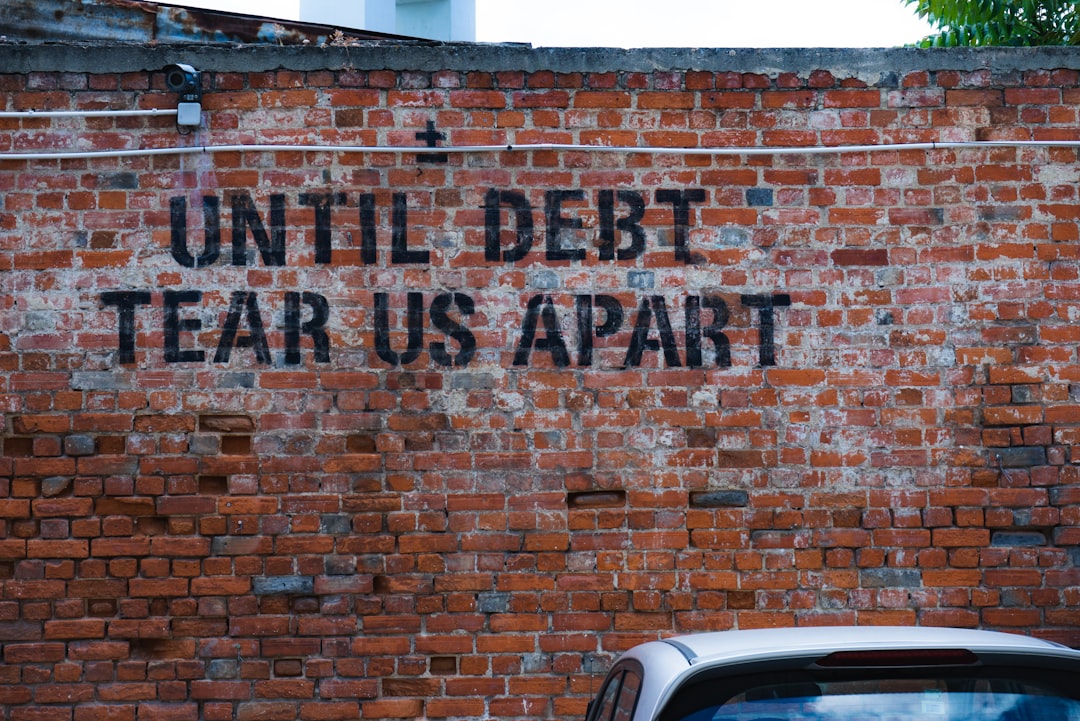What is it about?
The global shift to ‘clean energy’ has grown dramatically during the last decade owing to rapid price reductions in renewable energy technologies. Along with substantial health benefits, clean energy transition could soon result in an employment surge within the power sector. To promote this transformation, an international cooperation was formed to provide a framework for supporting initiatives targeted at reaching the UN ‘sustainable development goals’ (SDGs) Despite massive funding from leading countries in the form of Overseas Development Aid (ODA), investments in achieving the SDGs are insufficient, raising concerns. This article identified significant gaps and challenges associated with global clean energy transition.
Featured Image

Photo by Karsten Würth (➡️ @karsten.wuerth) on Unsplash
Why is it important?
Authors found that jobs in the renewable energy sector are concentrated in a few leading countries, and that some of these countries' international collaboration continues to favor big investments in high-carbon-related infrastructure. This is a glaring failure of the government's objectives to promote the production of renewable energy. Other key concerns raised by the authors included the disregard for ‘technological innovation’ when developing renewable energy solutions and the lack of accurate statistics on their socio-economic impact. To address these issues, the authors proposed that developed countries stop funding carbon-based energy infrastructure and instead encourage renewable energy alternatives. This can be accomplished by establishing financial institutions that adhere to an appropriate framework and set of guidelines for providing necessary assistance. The article also focused on building evidence-based policy dialogues to assess renewable energy investment plans in different countries and bringing international stakeholders together to generate early market support for innovative products and services. KEY TAKEAWAY: Developed countries should stop funding carbon-based energy infrastructure in developing countries. They need to make a more concerted effort to help developing countries phase out fossil fuels and make a successful transition to sustainable energy.
Read the Original
This page is a summary of: Advancing a global transition to clean energy – the role of international cooperation, Economics, December 2019, De Gruyter,
DOI: 10.5018/economics-ejournal.ja.2019-48.
You can read the full text:
Resources
Advancing a global transition to clean energy – the role of international cooperation
Read and download the article for free
Climate Change Knowledge Cooperative
Explore the wider collection of climate change research summaries.
Reaching net zero: To recycle CO2 or not?
Different processes exist to capture carbon dioxide from the atmosphere. Is it better to then convert it into fuel, or to absorb it into other chemicals so it is permanently removed from the atmosphere?
Power Play: A democratic approach for effective management of renewable energy resources
Political power plays a crucial role in the management of energy resources – do we need a decentralised and democratic approach – an ‘energy democracy’?
Climate change effects on Australia's future renewable energy generation landscape
Renewables are not without risk. Policy makers need to be aware of the effect that climate change and extreme weather events have on the costs and predictability of solar and wind power generation.
Geopolitical implications of the EU's hydrogen strategy
Sometimes, countries that provide raw materials for renewables have anti-humanitarian policies. The EU must consider risks associated with sourcing technology and materials from outside the EU.
Contributors
Be the first to contribute to this page










